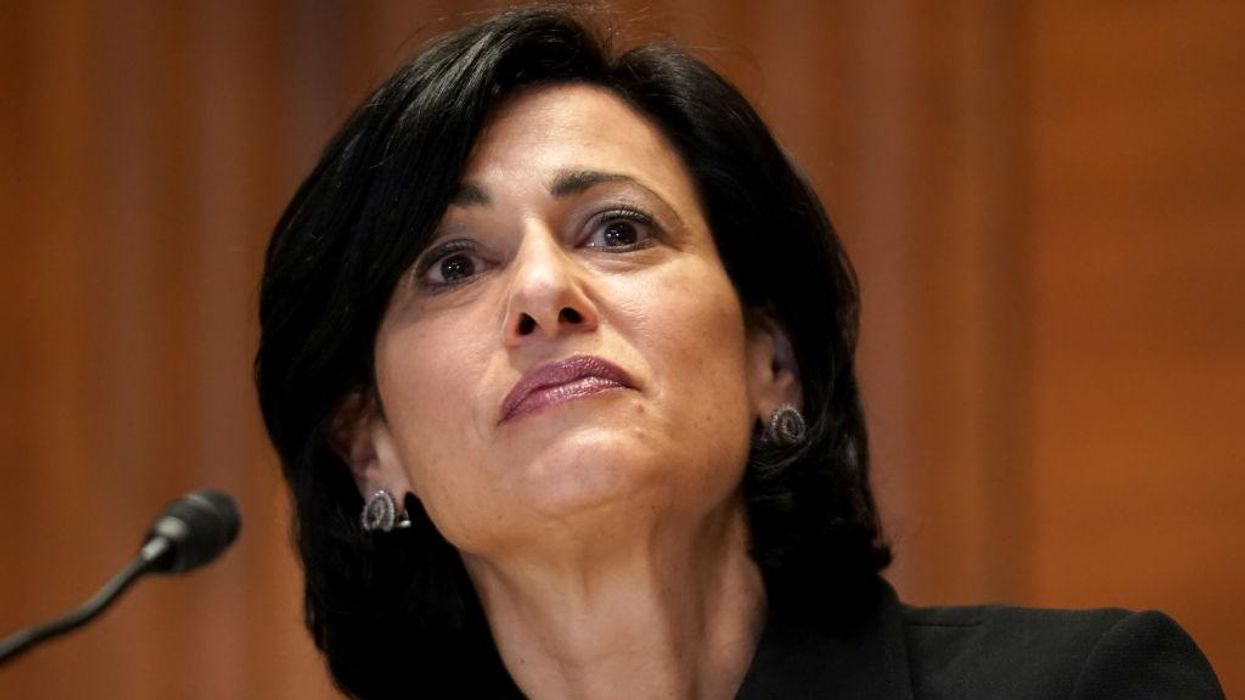
Greg Nash-Pool/Getty Images

Centers for Disease Control and Prevention Director Rochelle Walensky said Friday that the definition of being fully vaccinated against COVID-19 could change at some point in the future.
Walensky was asked whether the administration is reevaluating the definition of full vaccination in light of vaccine booster recommendations and whether individuals eligible for a booster should receive one in order to keep their fully vaccinated status.
"Right now we don't have booster eligibility for all people currently," Walensky said. "We have not yet changed the definition of fully vaccinated. We will continue to look at this. We may need to update our definition of fully vaccinated in the future. But right now what I would say is, if you're eligible for a booster, go ahead and get your booster, and we will continue to follow."
White House Covid-19 Response Team and public health officials hold briefing — 10/22/2021youtu.be
Any change to the current definition of full vaccination could have far reaching consequences because existing vaccine mandates could be adjusted to require people to receive a booster dose in order to continue being considered fully vaccinated.
Individuals are viewed as fully vaccinated two weeks after receiving their second shot of the Pfizer-BioNTech or Moderna vaccines, or two weeks after getting a single shot of Johnson & Johnson's Janssen vaccine.
Those who received the Pfizer-BioNTech or Moderna vaccines are eligible for a booster six months after their initial series if they are 65 or older, or at least 18 and have an underlying condition, reside in long-term care, or reside or work in a high risk setting. A booster is recommended for people 18 and above who were vaccinated with the Johnson & Johnson vaccine two months ago or longer..
"There are now booster recommendations for all three available COVID-19 vaccines in the United States. Eligible individuals may choose which vaccine they receive as a booster dose," according to the CDC. "Some people may have a preference for the vaccine type that they originally received, and others may prefer to get a different booster. CDC's recommendations now allow for this type of mix and match dosing for booster shots."
The CDC reports that 67% of the U.S. population ages 12 and up has been fully vaccinated. "For surveillance purposes, COVID Data Tracker counts people as being 'fully vaccinated' if they received two doses on different days (regardless of time interval) of the two-dose mRNA series or received one dose of a single-dose vaccine," the CDC notes.
Vaccination of children ages 5 to 11-years-old could soon be green lighted as well.